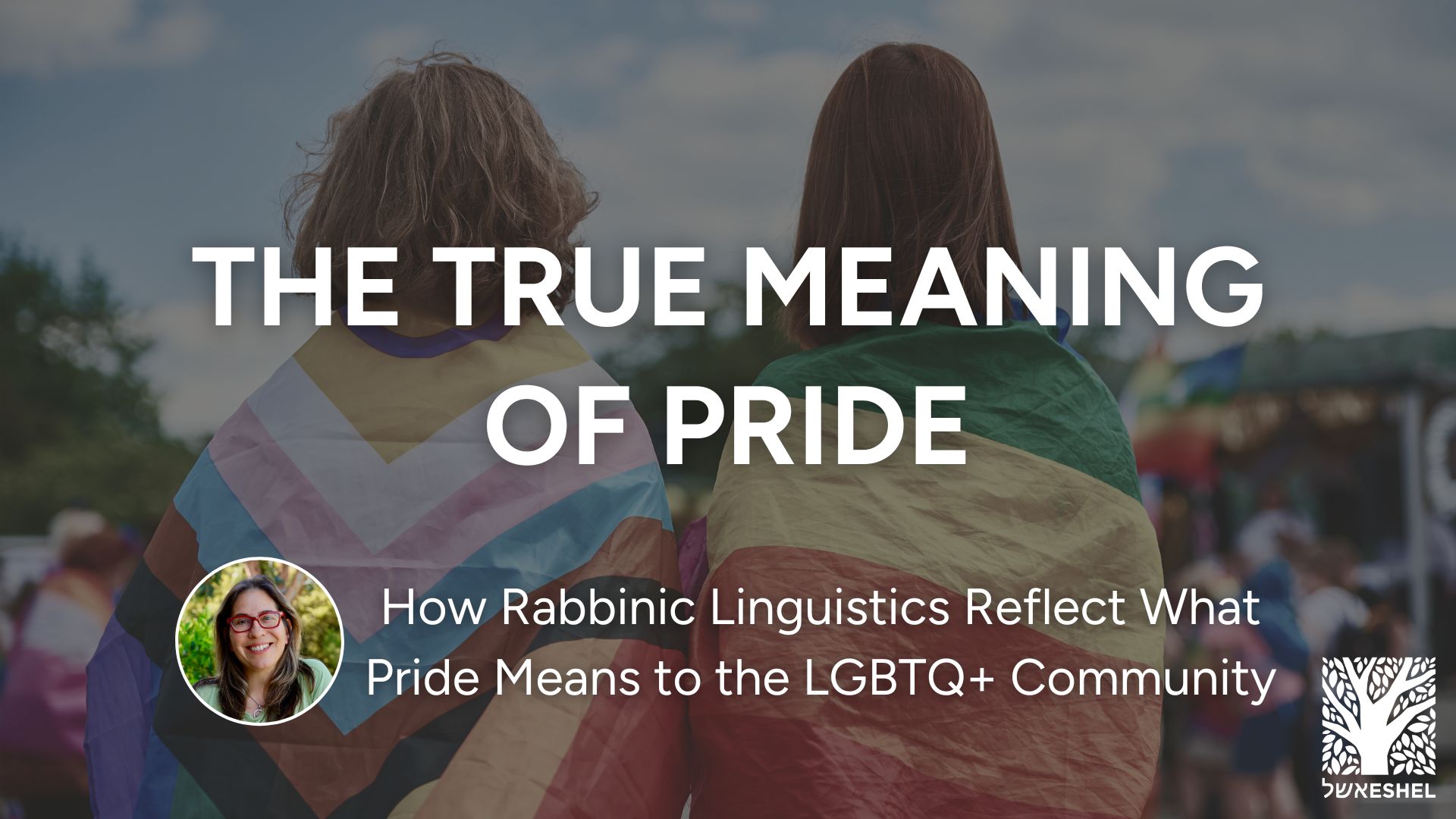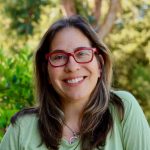
Since October 7, social media and real-life encounters changed my experience of the world as a Jew: for the first time, I am repeatedly encountering people who think I should feel ashamed to be Jewish. While this is a foreign experience for me as a Jew, it is utterly familiar to me as a lesbian.
Ever since I have celebrated Pride, people have asked me, “Why ‘pride’?” They associate pride with arrogance, and argue that humility is the virtue we should cultivate. However, LGBTQ+ Pride isn’t about an overdeveloped self-esteem. Pride is an antidote to a long history of shame. It is the shame so many of us were taught to carry that makes pride – Pride parades, Pride parties, Pride everywhere – so necessary for LGBTQ+ people.
The way the queer community has turned shame into pride reminds me of a rabbinic linguistic style called lashon sagi nahor; saying one thing when we mean the opposite. So many of us knew from an early age that something was “different” about us; usually, and because of attitudes we absorbed around us, it was ingrained in us that there was something “wrong” with us, and we felt shame. So we use the word pride when others tell us we should feel shame. Many of us attend our first Pride event early in our coming-out journeys, when we are still filled with negative thoughts about ourselves. Pride gives us a way to show ourselves and others that there is another option.We can deliberately turn the shame we feel on its head, and show our pride through self-acceptance and love.
When I heard a recent podcast of YU rabbis calling LGBTQ+ people “rashaim” – evil-doers – something in me recoiled. I felt panicky, claustrophobic. Shame, when weaponized by society, can become suffocating, especially for those of us who live at the intersection of these multiple identities.This shame is not theoretical. It has led people to very dark places in their lives: isolation, depression, loneliness, and, in the worst cases, suicide.
We need the language of “Pride” to tell all of the young people listening that there is nothing wrong with them. Those who are hearing their roshei yeshiva, and others that they look up to tell them that they are evil need more than neutrality – they need a way to see themselves in a positive light. To see that their lives have worth
A recent statement put out by YU Alumn Netanel Zellis-Paley spells it out:
Experiencing pride, or otherwise embracing LGBTQ+ identity, is the most effective way to counteract feelings of shame and guilt that can endanger the physical and mental health of LGBTQ+ Orthodox Jews.
We need affirming language to help us overcome the shame and guilt that we have internalized.. Our lives depend on it.

